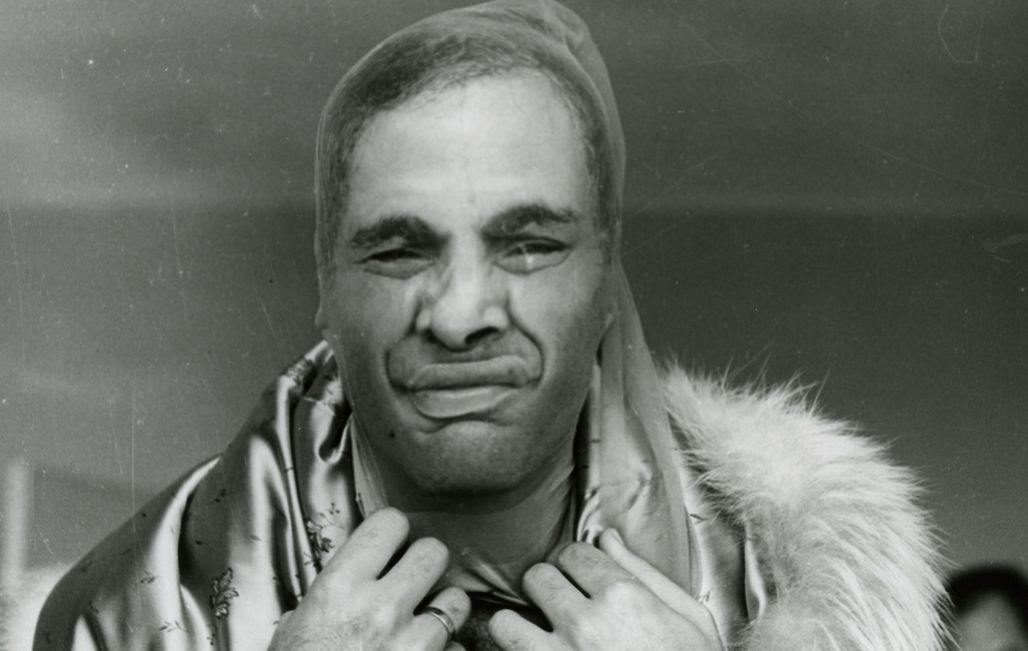
Memorias Del Subdesarrollo (Memories of the Underdevelopment): remembering a rapidly changing country

Under Fidel Castro's regime, Cuban director Tomás Gutiérrez Alea made his first feature film Historias de la revolución in 1962. In 1968, and still with the revolution as its subject, he directed Memorias Del Subdesarrollo (Memories of the Underdevelopment), viewed as one of the greatest films in Cuban history. This year, Cannes Classics is offering the chance to see a restored version of this masterpiece.
A year after the revolution, Sergio, a well-to-do bourgeois intellectual, decides to stay in his country despite his family's exile to the United States. But the socio-political upheavals change his reality, and Sergio finds himself torn between a past he rejects and a new situation he doesn't agree with. He therefore tries to understand the context of his country and what has happened to him by reflecting on his own life.
The film is the work of a completely mature artist and manages to stay true to his convictions without ever indulging in what he rightly criticized the system of.
Through the revolution and the observant eye of his protagonist, a kind of alter ago, Tomás Gutiérrez Alea portrays an island in the throes of change, and is interested in the human condition and social situation when faced with a radical new truth from economic, social, and human points of view. Memorias Del Subdesarrollo (Memories of the Underdevelopment) was the first Cuban film to be screened in the United States after the revolution, and is particularly relevant in the current context. Following the recent reconciliation with the United States, Cuba could, once again, be headed for change.


